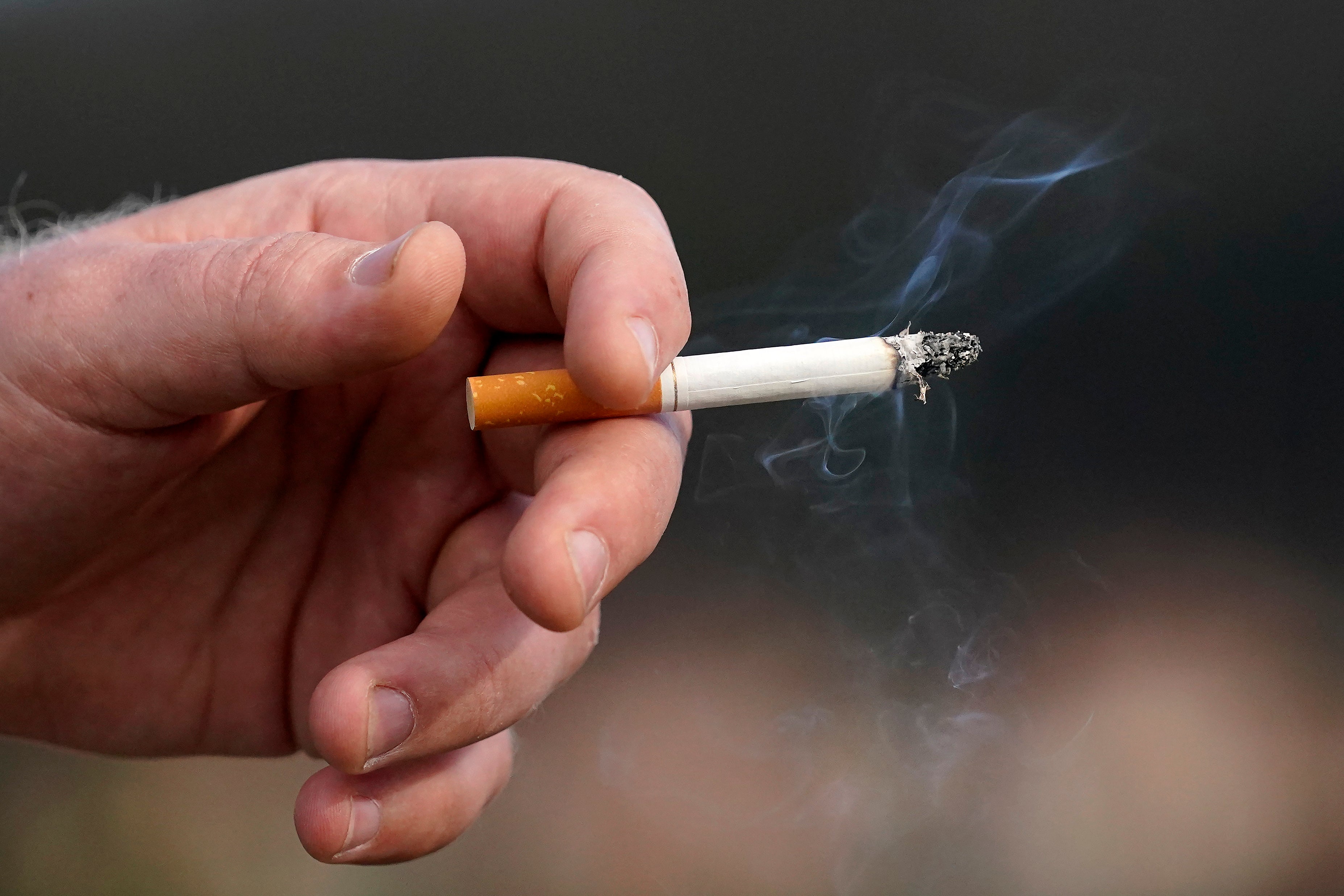A British invention developed near to Rachel Reeves’ constituency in Leeds could solve the world’s biggest cause of plastic pollution.
Campaigners want the UK government to force cigarette manufacturers to use the biodegradable cigarette butt, developed by Greenbutts in the Yorkshire city, as part of its Bill on smoking due to go through parliament later this year.
In the UK alone, around 3.9 million cigarette butts are thrown away every day – 6,000 per constituency.

It is hoped that if the UK was to force manufacturers to use a new biodegradable cigarette butt it could have a ripple effect worldwide with other countries following suit.
According to a report published by the charity Keep Britain Tidy, cigarette butts are the country’s most littered item, and the least binned, with only 13 per cent of butts being correctly disposed of and 87 per cent being dropped.
Currently, cigarette butts are made from cellulose acetate, a form of plastics which can take a decade to break down, doing considerable harm to the environment, wildlife and costing councils more than £40 million per year to clean up.
But the Plastic Free Butt campaign is hoping to change this, by getting an amendment to the Government’s Tobacco and Vapes Bill, which will force cigarette manufacturers to move to plastic free bridgeable alternatives within 12 months.
An amendment, tabled by Gosport MP, Dame Caroline Dinenage, is being backed by a cross-party group of MPs, including Labour MP Mary Glindon and Lib Dem Dr Danny Chambers.
Ahead of the launch, the campaign which is backed by the political website parliamentnews.co.uk and Greenbutts LLC, is publishing polling carried out by British Polling Council member Whitestone Insight, which found overwhelming support for the new law.

Asked, “Would you agree or disagree with these statements? Cigarette manufacturers should be required by law to switch from using plastics in cigarette butts to a fully biodegradable alternative”, almost nine in 10 UK adults (86 per cent) agreed, while just one in 20 – 6 per cent disagreed.
Even among current smokers the vast majority (77 per cent) supported the change. Support was high across every age group, social group and region.
In contrast, asked if cigarette manufacturers should be able to continue to use plastic filters, just 13 per cent agreed.
Dame Caroline said: “As someone who enjoys our local beaches and coastal walks, it’s shocking to imagine that single use plastics from the 2.2 million cigarette butts dropped in the constituency are unnecessarily polluting our waterways. I’ve tabled this amendment – it’s an environmental no-brainer and overwhelmingly popular with the public.”
Dr Chambers added: “I was absolutely shocked to learn that cigarette butts account for one in five pieces of discarded plastic. When it is predicted that by 2050 there will be more tonnage of plastic in the ocean than fish, we should look at every way possible of protecting the environment and wildlife from plastic pollution.”
The amendment is expected to be debated towards the end of this month when the Tobacco and Vapes Bill returns to the House of Commons for its’ Report Stage. The Government hopes the legislation will be enacted by the end of June.




